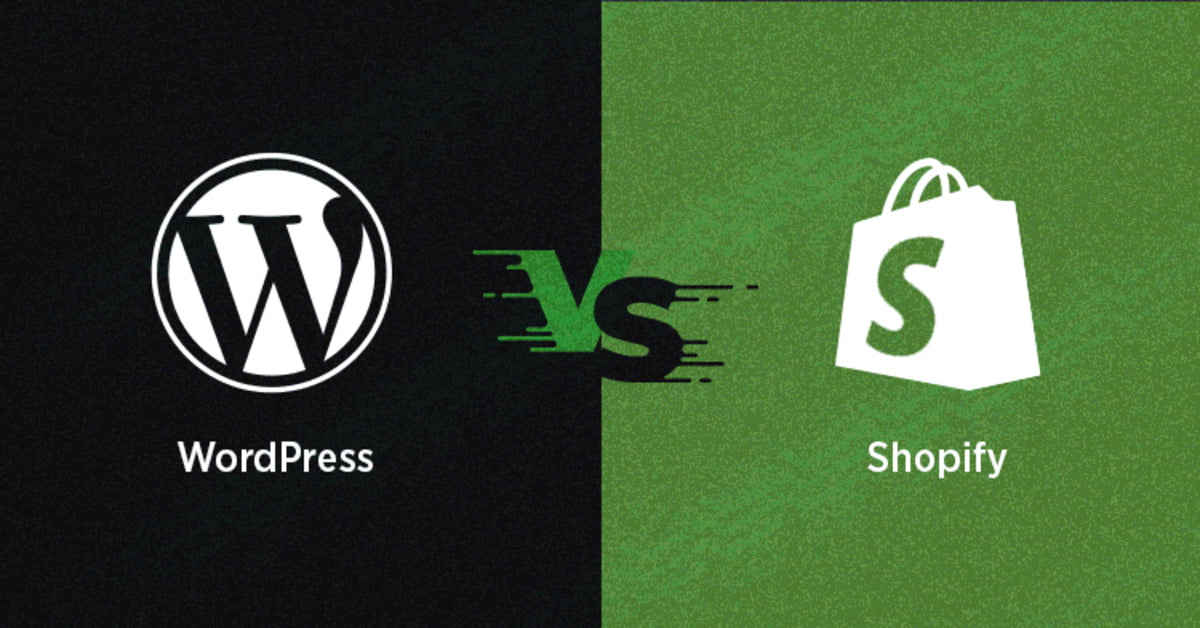When it comes to building an online store, choosing the right platform is crucial. Two of the most popular options are WordPress and Shopify, and each has its own set of pros and cons. In this blog post, we’ll take a look at the key differences between the two platforms and help you determine which one is the best fit for your business.
WordPress:
WordPress is a content management system (CMS) that is widely used for building websites and blogs. It’s free, open-source software that offers a wide range of customization options and plugins. WordPress also has a large community of developers and users, making it easy to find support and resources online.
- Wide range of customization options and plugins
- Large community of users and developers
- Free and open-source software
- Can be used to create a variety of different types of websites, not just online stores
- Steep learning curve for beginners
- More technical knowledge is required to set up and maintain a store
- Requires additional plugins for e-commerce functionality
Shopify:
Shopify is an e-commerce platform designed specifically for building online stores. It offers a user-friendly interface, a wide range of features, and a large library of plugins and themes. Shopify is a paid platform, with pricing starting at $29 per month, but it offers a lot of value for the price.
- User-friendly interface and easy to use
- Wide range of features and plugins
- Dedicated support for e-commerce stores
- No need to worry about hosting or website maintenance
- Limited customization options compared to WordPress
- Dependent on Shopify’s platform and technology
- Additional fees for plugins and premium themes
Conclusion:
In conclusion, both WordPress and Shopify have their own unique set of pros and cons. WordPress offers more customization options, but requires a higher level of technical knowledge to set up and maintain an online store. Shopify, on the other hand, is easier to use and offers a wide range of features, but has limited customization options. The best platform for your online store will depend on your specific needs and the resources available to you. If you’re looking for a platform that offers more customization options, WordPress may be the right choice for you. If you’re looking for an easier-to-use platform with a wide range of features, Shopify may be the better option.



